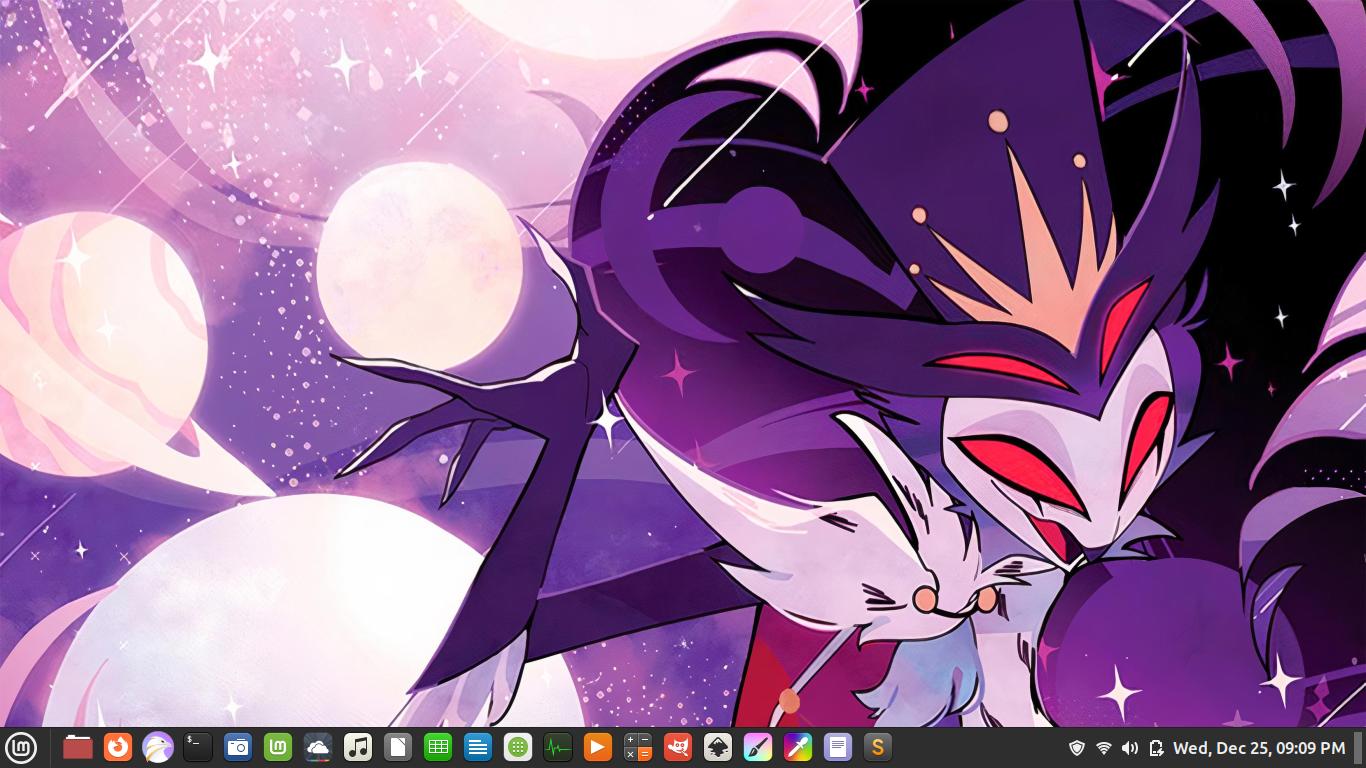this post was submitted on 26 Dec 2024
114 points (90.7% liked)
Linux
48700 readers
1351 users here now
From Wikipedia, the free encyclopedia
Linux is a family of open source Unix-like operating systems based on the Linux kernel, an operating system kernel first released on September 17, 1991 by Linus Torvalds. Linux is typically packaged in a Linux distribution (or distro for short).
Distributions include the Linux kernel and supporting system software and libraries, many of which are provided by the GNU Project. Many Linux distributions use the word "Linux" in their name, but the Free Software Foundation uses the name GNU/Linux to emphasize the importance of GNU software, causing some controversy.
Rules
- Posts must be relevant to operating systems running the Linux kernel. GNU/Linux or otherwise.
- No misinformation
- No NSFW content
- No hate speech, bigotry, etc
Related Communities
Community icon by Alpár-Etele Méder, licensed under CC BY 3.0
founded 5 years ago
MODERATORS
you are viewing a single comment's thread
view the rest of the comments
view the rest of the comments

Honestly, there isn't much to it when setting up Linux for elderly people - in fact, I find it less troublesome than setting it up for a teenager.
Most often the issues regular users face with Linux are related to installing packages from external sources or broken updates. Elderly people tend to not do that.
Set up a stable distro like Debian, Linux Mint or Ubuntu LTS with KDE Plasma or Cinnamon, install LibreOffice, Okular and a browser with strong ad blocking, and any other applications you think they might need. Enable a simple firewall, hide the root / folder from the file browser's sidebar, and you're done. Perhaps set up scaling to make everything bigger on their monitors, disable mouse acceleration and set the speed slightly slower than usual.
I wouldn't bother with immutable distros, Flatpaks are nice and all until permissions turn using a simple app a confusing chore with broken interactions.
@[email protected] https://flathub.org/ how is this?
All good ideas, IMO.
And I had to look this up, so:
https://en.m.wikipedia.org/wiki/Okular
And I'm a KDE user! ʘ‿ʘ
Okular is awesome. I use it even on gnome.
Yep! Okular is amazing, and it's available on Windows too. Install it for someone and they'll never bother you again about PDFs or EPUB documents, it's performant and everything works: printing, resizing, selecting text, searching, signing, adding comments. Never worry about paid PDF software or shady slow apps that keep trying to gatekeep features.
I think it's a fair point that immutable distros are still a developing concept and probably not ready for primetime, but I do feel that eventually this must be the answer to make things absolutely bulletproof for people (of which there are many) who have a natural ability of nuking their OS.
Sure, but I wouldn't expect an elderly user to be one of the people with the natural ability to nuke their OS.
I've daily driven Bazzite, an immutable distro, since July, and I haven't seen the kind of Flatpak issues they talk about - or frankly any major issues, this whole experience has been way easier than Windows ever was with updates (it took me a few minutes to figure out Proton and Heroic launcher though). I didn't know about the new Fedora update until I booted up and my lock screen was different. My experience is that Bazzite (and likely all of the other uBlue Fedoras) is fantastic and absolutely ready now.
That said, nothing is more stable than something like Debian. Unless you've got some hardcore gamer grandma I think the immutable distros are a solution to a problem not present in OPs hypothetical.
To me it's like the old saying from Win9x days "Help, I've deleted the internet". Removing an Internet Explorer shortcut from the desktop might be easier than nuking a Linux installation, but I think if the point is to be of service to absolute tech-illiterates then you need to be ready for anything, any edge case. And like you say, if Flatpaks and all that just work then what would be the downside of immutability?
I mean in theory one can make deep-rooted changes to macOS, but I haven't once seen it fail to upgrade successfully. And I definitely wouldn't consider Windows immutable with how many things can go wrong in practice. I've had more than a few customers who lost wifi drivers through no fault of their own, in one case the entire device wasn't visible anymore, so reinstalling a driver wouldn't have done anything, all I could do was roll back the feature update and ensure it won't install it again. In that sense, immutable Linux might even be the best offering out there today. The only thing it lacks (besides Android and SteamOS) is a multi-billion dollar company backing it for wider desktop adoption.